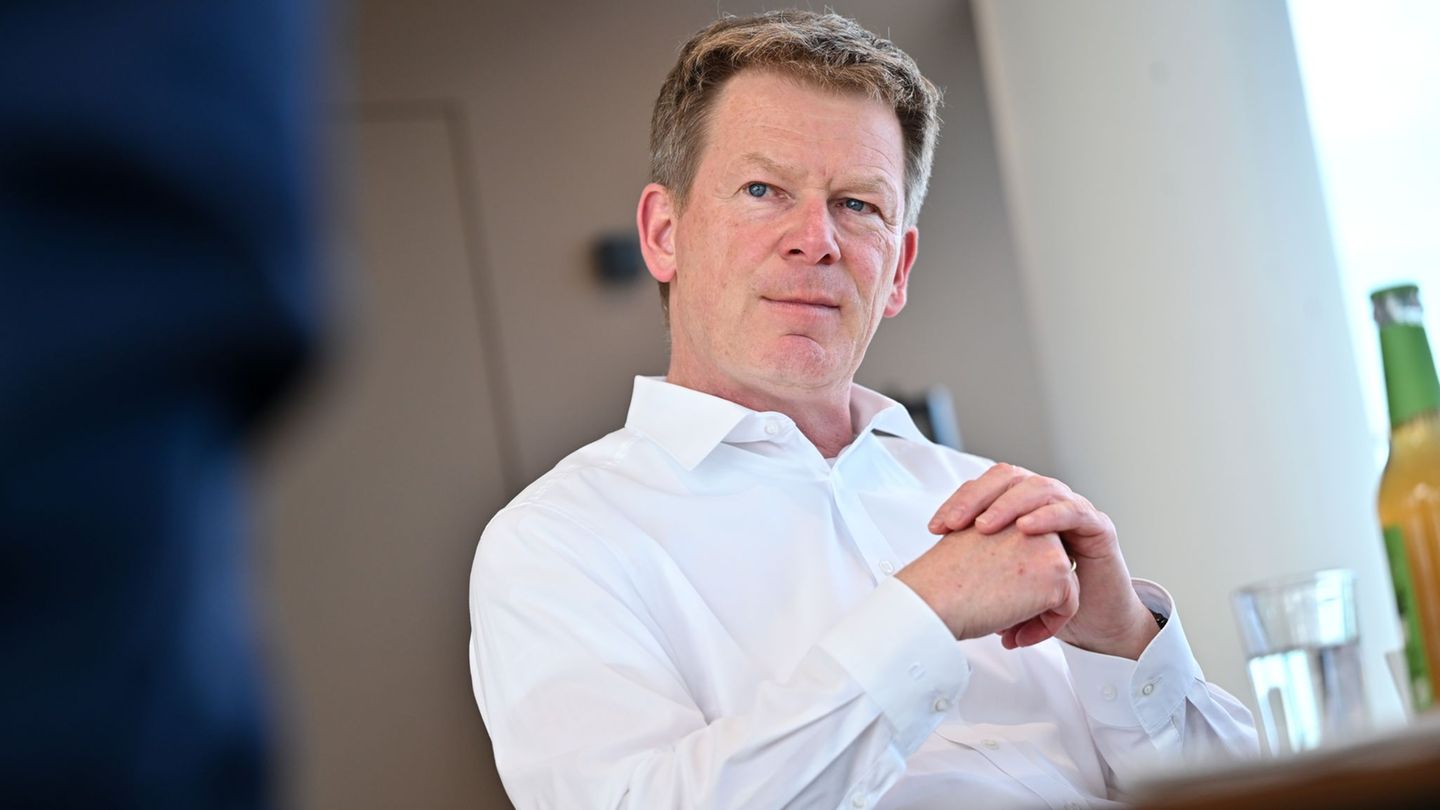Insurance prices have increased significantly within a year. People also have to pay more for other services. This has consequences for inflation overall.
Driven by rising prices for services, inflation in Germany has picked up speed again for the first time this year. Consumer prices in May were 2.4 percent higher than in the same month last year. The Federal Statistical Office confirmed preliminary data. The decline in inflation had already stalled at a rate of 2.2 percent in April. However, the extremely high inflation rates of recent years are history.
The inflation rate is rising again slightly, mainly due to the continued rise in service prices, explained Ruth Brand, head of the authority. “Energy and food prices, on the other hand, have been dampening overall inflation since the beginning of the year.”
Insurance significantly more expensive
Services became 3.9 percent more expensive in May compared to the same month last year. Insurance prices rose particularly sharply (13.0 percent). Services provided by social institutions became 7.7 percent more expensive, and restaurant visits rose 6.9 percent. In addition, the Deutschlandticket was introduced in May 2023. The associated price-dampening effect has been eliminated from the year-on-year comparison since this May.
Consumers paid 0.6 percent more for food than in the same month last year. Cooking fats and oils were noticeably more expensive (plus 8.4 percent, including olive oil: plus 48.5 percent). Dairy products (minus 5.1 percent) and fresh vegetables (minus 3.5 percent) became cheaper, however.
Energy products cost 1.1 percent less in May than a year earlier, although the regular VAT rate of 19 percent has been in effect for natural gas and district heating since April 1. In order to cushion the high energy prices as a result of Russia’s war of aggression against Ukraine, politicians temporarily reduced the VAT to 7 percent. Electricity (minus 7.4 percent) and natural gas (minus 5.2 percent) were cheaper in May than a year earlier. District heating in particular was significantly more expensive (plus 27.9 percent).
Bundesbank: Inflation is proving particularly persistent in services
“In particular, the price of energy and food will fall considerably this year,” the German Bundesbank expects. “However, inflation is proving to be persistent, especially in the services sector. The sharp rise in wages and the resulting cost pressure are playing an important role in this,” the central bank wrote in its latest economic forecast.
Compared to the previous month of April, consumer prices rose by 0.1 percent in May. Here too, statisticians confirmed preliminary data.
On average for the year, leading economic research institutes expect inflation in Europe’s largest economy to fall significantly to 2.3 percent, down from 5.9 percent last year. Higher inflation rates weaken consumers’ purchasing power.
First ECB interest rate cut since wave of inflation
Last week, the European Central Bank (ECB) made the first interest rate cut since the strong wave of inflation in the currency area, lowering the key interest rate by 0.25 percentage points. At the same time, ECB President Christine Lagarde dampened expectations of further interest rate hikes. “We are not yet declaring the battle won,” she said in a recent interview. The central bank is aiming for medium-term price stability in the euro area with an annual inflation rate of two percent. Recently, inflation in the common currency area had picked up again somewhat. In May, consumer prices rose by 2.6 percent compared to the same month last year, after 2.4 percent in April.
Source: Stern




